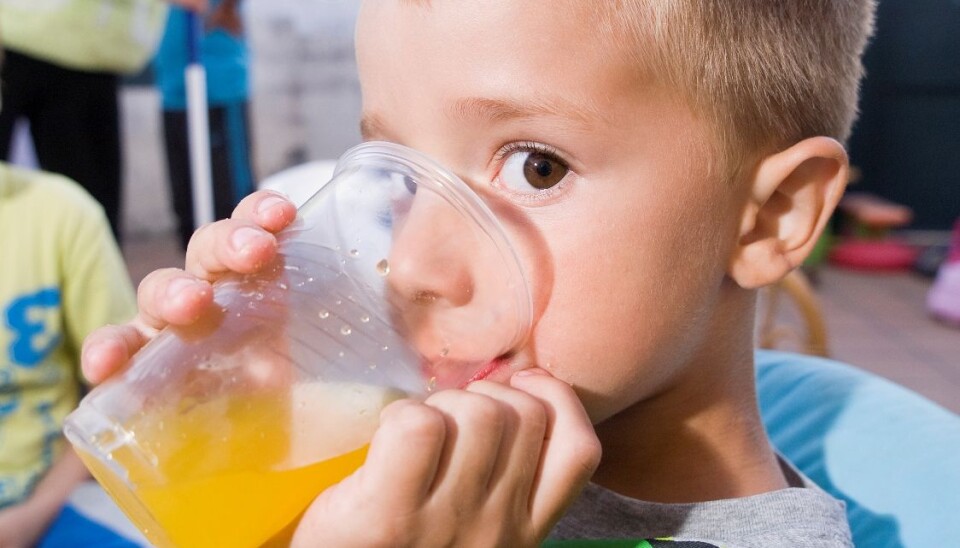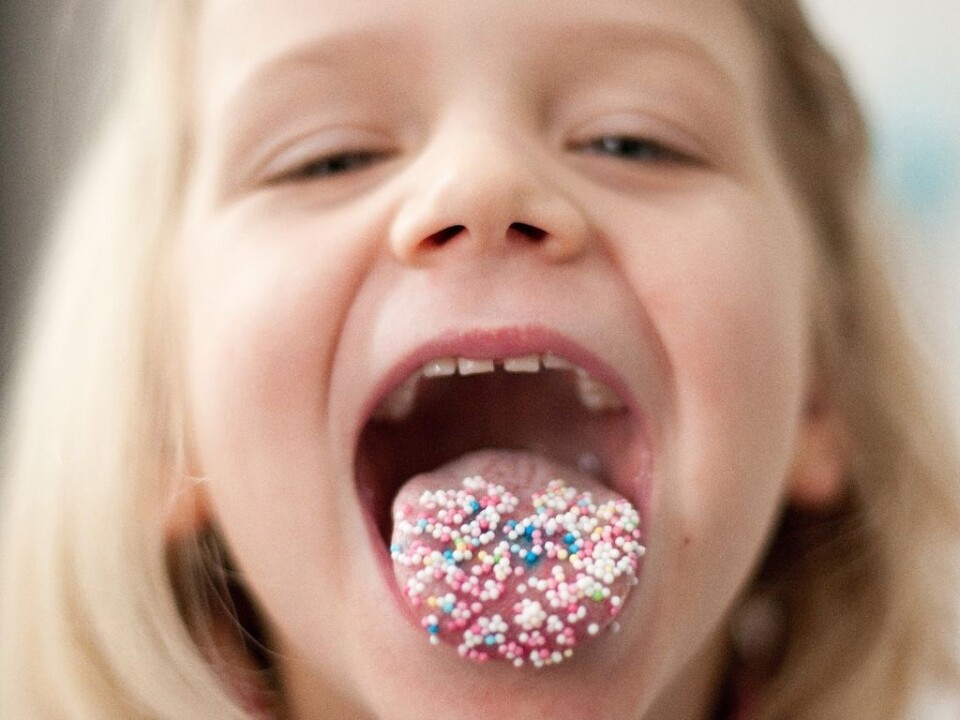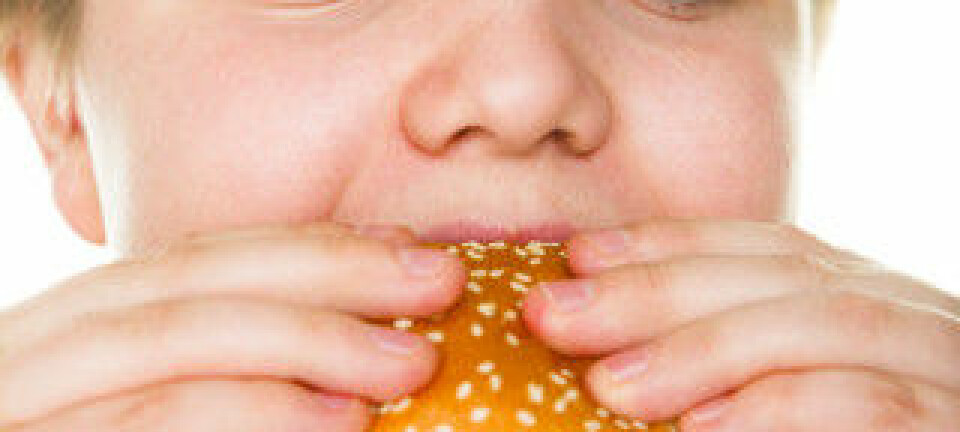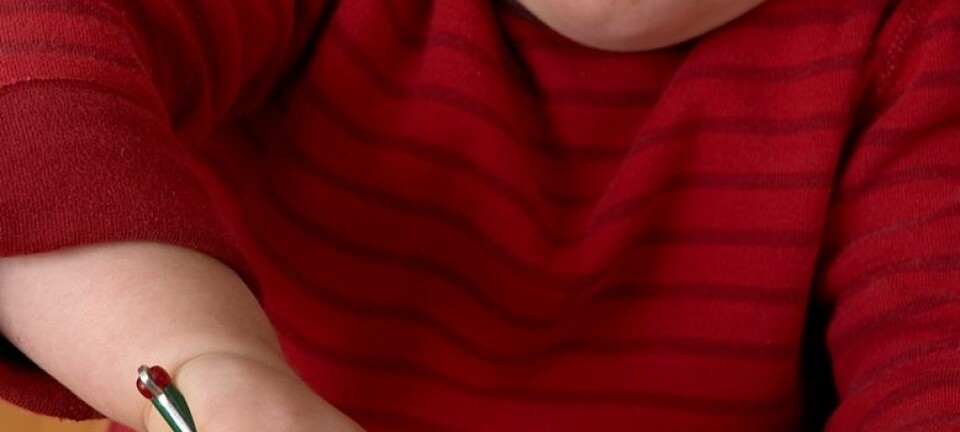
Children feast on sugar
It’s official: European children are consuming too much of the sweet stuff.
Children in a new European survey consume almost 100 grams of sugar each day.
That corresponds to 33 sugar cubes, or more than one litre of soft drink, a day. But sugar can also come from healthier foods such as fruit and milk.
The study does not distinguish between added sugar (from soft drinks, cakes, sweets and the like) and foods that contain sugar naturally.
The total figure is still high, says one of the researchers behind the study.

“Consumption of sugared foods such as candy and soda is high among European children,” says Swedish researcher Christel Larsson, professor of nutritional sciences at the University of Gothenburg.
Highest consumption in Germany
Sweden, Belgium, Germany, Estonia, Hungary, Spain, Italy and Cyprus participated in the study, which was part of the European Idefics project. More than 9,000 children between 2 and 9 years were examined in 2007 and 2008.
On average, a quarter of the energy they got from food was from sugar.
Consumption was highest in Germany, where the figure was 30 per cent. In Sweden, it was 22 per cent.
The study does not provide figures for the proportion of added sugar.
Larsson refers to figures from Sweden, where the amount of added sugar increased from the 1980s to 2003. In 2003, Swedish eight year olds got at least 12 per cent of their energy intake from sucrose, which is a part of added sugar. These are the most recent figures available.
Party on the weekends
Children in Europe are eating a lot of sugar throughout the week, but the sugar party reaches its peak during the weekends.
Yet total energy intake does not rise on weekends, the European survey shows.
“This suggests that sugar intake comes at the expense of energy from other foods,” says Larsson.
“The greatest health risk is that children at an early age become accustomed to a high intake of sweet foodstuffs that are high in energy but contain little nutrition. This can lead to negative consequences for dental health and an increased risk of obesity,” she says.
Accustomed to sweetness
Norway is not included in the survey, nevertheless, postdoctoral researcher Anne Lene Kristiansen at the University of Oslo shares Larsson’s concern.
“In the short term, it is a problem if children consume sugar instead of foodstuffs with the vitamins and minerals they need. Children are more vulnerable to imbalanced diet because they are growing,” says Kristiansen, who conducts research on diet among children.
“The children establish habits. If you consume a lot of sugar, you can develop a preference for sweet tastes. This may persist in adulthood.”
The study is based on a survey in which parents were asked to state what the children had consumed during the previous 24 hours. The researchers also collected data about what the children ate and drank at school and in kindergarten.
------------
Read the Norwegian version of this article at forskning.no
Translated by: Lars Nygaard







